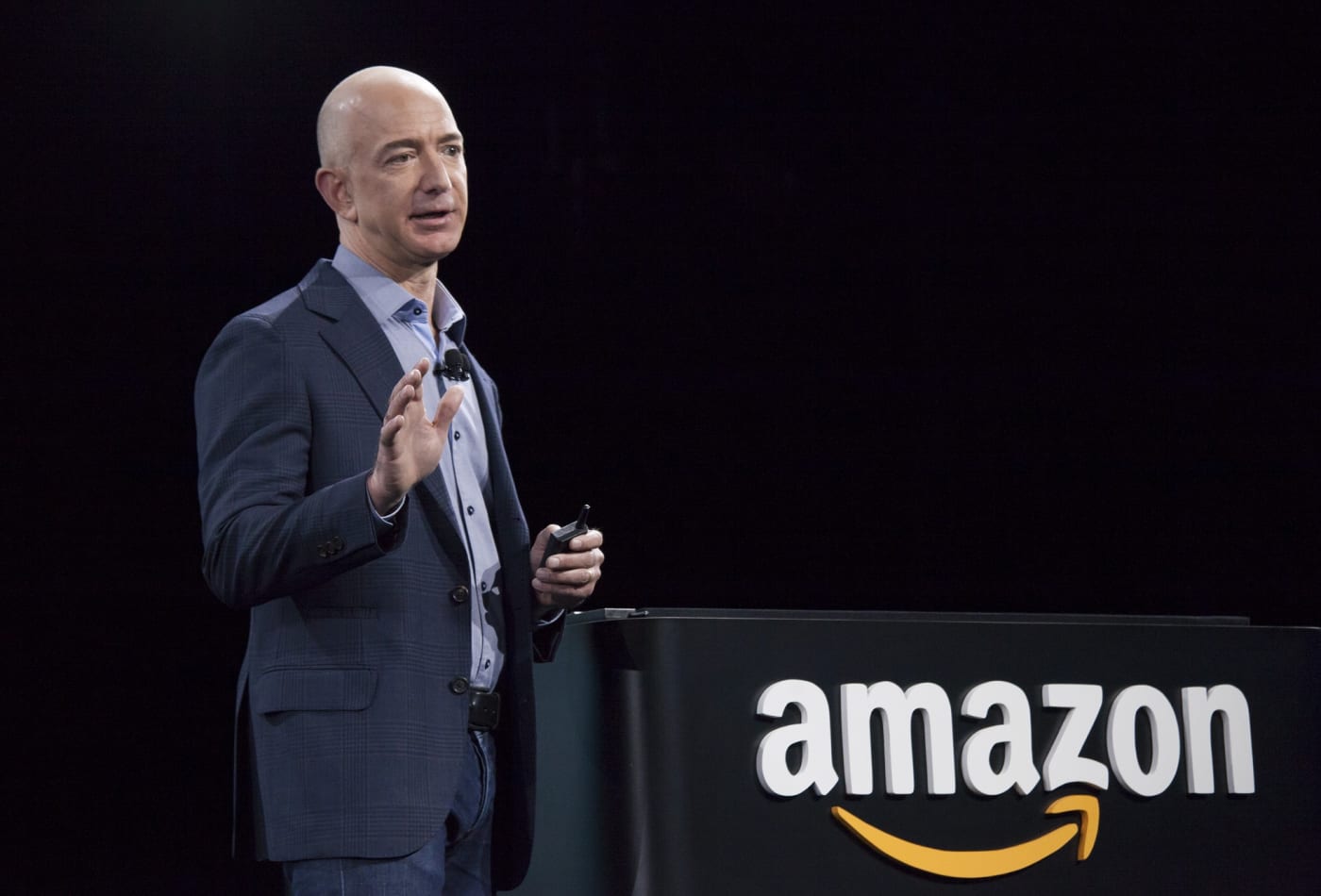In an op-ed published late Monday, Amazon founder and Washington Post owner Jeff Bezos publicly defended the newspaper’s recent decision not to endorse any candidate in the upcoming presidential election—a first in the Post’s long-standing tradition of offering political endorsements. Bezos, responding to the widespread criticism, argued that halting endorsements is about safeguarding journalistic independence, not influencing political outcomes.
“Presidential endorsements do nothing to sway an election,” Bezos wrote. “There are no undecided voters who will turn based on a newspaper’s endorsement alone. What endorsements do is shape a perception of bias—a perception of alignment. Ending them is a decision of principle, and it’s the right decision.”
The op-ed arrived just as backlash reached a peak within the Post itself: three editorial board members had resigned in protest of the newspaper’s decision, including Pulitzer-winning journalist David Hoffman, while numerous subscribers expressed their dissatisfaction by canceling subscriptions. Hoffman, known for his Pulitzer Prize-winning editorial work on authoritarianism, openly criticized the decision. He stated he could no longer stay silent given what he considers an imminent threat to democracy, asserting that he couldn’t stand by as the paper refrained from taking a clear stance. “We face a terrible, terrible choice, I believe—a looming autocracy. I don’t want the Post to be silent about it.”
High-profile staff, including the investigative icons Carl Bernstein and Bob Woodward, expressed deep disappointment, along with nearly two dozen other Post columnists who published an open letter criticizing the move as an abandonment of editorial responsibility. “The Washington Post’s decision not to make an endorsement in the presidential campaign is a terrible mistake,” the letter read. “It represents an abandonment of the fundamental editorial convictions of the newspaper that we love.”
Former executive editor Marty Baron also weighed in, questioning the claim that the decision stemmed from a new guiding principle. “If their philosophy is readers should make up their own minds on democracy’s major issues, then drop all editorials,” Baron told CNN. “Instead, they only chose not to run an editorial endorsement this one time, just days before the election.”
Critics have speculated that Bezos’s decision not to endorse Vice President Kamala Harris was motivated by recent meetings between former President Donald Trump and Blue Origin executives, including a meeting with the company’s chief executive, Dave Limp, just hours after the endorsement announcement. Bezos, addressing this speculation directly in his op-ed, strongly denied any connection, calling the rumors “false.”
“I didn’t know about the meeting beforehand, and I sighed when I heard about it because I knew it would fuel suspicions,” Bezos wrote. He assured readers that the decision was made internally, without any influence or input from any campaign or candidate.
Despite his dismissal of quid pro quo accusations, Bezos acknowledged the appearance of a potential conflict of interest, given his involvement in both Amazon and Blue Origin. However, he defended his immense wealth, positioning it as a safeguard against intimidation rather than a lever for political influence, emphasizing his lack of interference in editorial matters since he purchased the Post over a decade ago.
Yet, the fallout continues within the newsroom. Staff and former Post legends alike have vocalized concerns that the absence of an endorsement may signal weakness at a critical juncture in American politics. Bernstein and Woodward, famous for their coverage of Watergate, issued a joint statement expressing regret that the Post would “forego the chance to use its voice when democracy stands at a critical crossroads.”
Bezos concluded his op-ed with a reflection on his vision for the Washington Post’s future. “While I do not and will not push my personal interest, I will also not allow this paper to fade into irrelevance,” he wrote. “Not overtaken by unresearched podcasts and unchecked social media commentary—not without a fight.” Bezos urged that the stakes, especially in the media’s role in democracy, remain “too high.”
The controversy surrounding the Post’s decision, especially in light of the divisive political climate, has ignited a debate over the newspaper’s future role in political discourse and whether journalistic impartiality can truly exist without editorial guidance. As the Post’s newsroom grapples with the ramifications of the endorsement absence, Bezos’s op-ed may be only the beginning of a new era in which editorial independence is tested amid the complex intersections of media, politics, and public trust.







